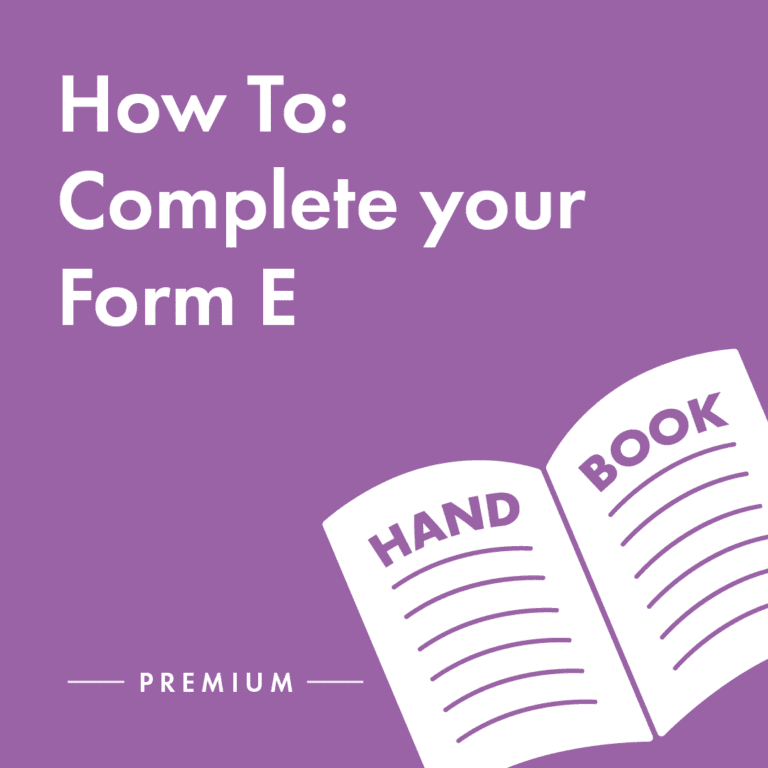We offer an award-winning service
 Download our free guide to completing the Form E
Download our free guide to completing the Form E
How does financial disclosure work?
Financial disclosure is often facilitated by completing Form E (view a Form E here), although it is only mandatory if your case needs to go to court. Most couples will choose to complete Form Es as it is the best way of clarifying financial positions.
Each party will complete an individual Form E, which breaks down their assets, including money, property, shares, savings, pensions etc and any liabilities. Forms are then exchanged and reviewed, before entering into negotiations.
Once an agreement has been reached, whether by direct negotiations or other non-court dispute resolution such as mediation, the parties will get a solicitor to draft a financial settlement, known as the consent order, to be submitted to the court. Providing the court finds the agreement fair and reasonable, it will be approved, legally dissolving the couple’s financial ties.
In some cases, disputes go to court, and a Judge has to make a final decision.
 Download our free financial disclosure guide
Download our free financial disclosure guide
Why is financial disclosure important?
Financial disclosure is important so that you can be aware of your own, and your ex’s financial situation. Full disclosure allows a complete picture of your financial situation, and what assets and liabilities there are to be divided upon divorce.
It is also important for your solicitor to have a clear picture so they can advise you on the best settlement. They will be unable to give you legal advice without financial disclosure.
A settlement is unlikely to be approved by the court as being fair and reasonable if there is not a full examination of all the assets a couple has, solely and jointly.
Seek advice from an expert family lawyer, and from a financial adviser where necessary.
Latest advice
Newsletter Sign Up
Sign up for advice on divorce and relationships from our lawyers, divorce coaches and relationship experts.
Privacy Policy

















